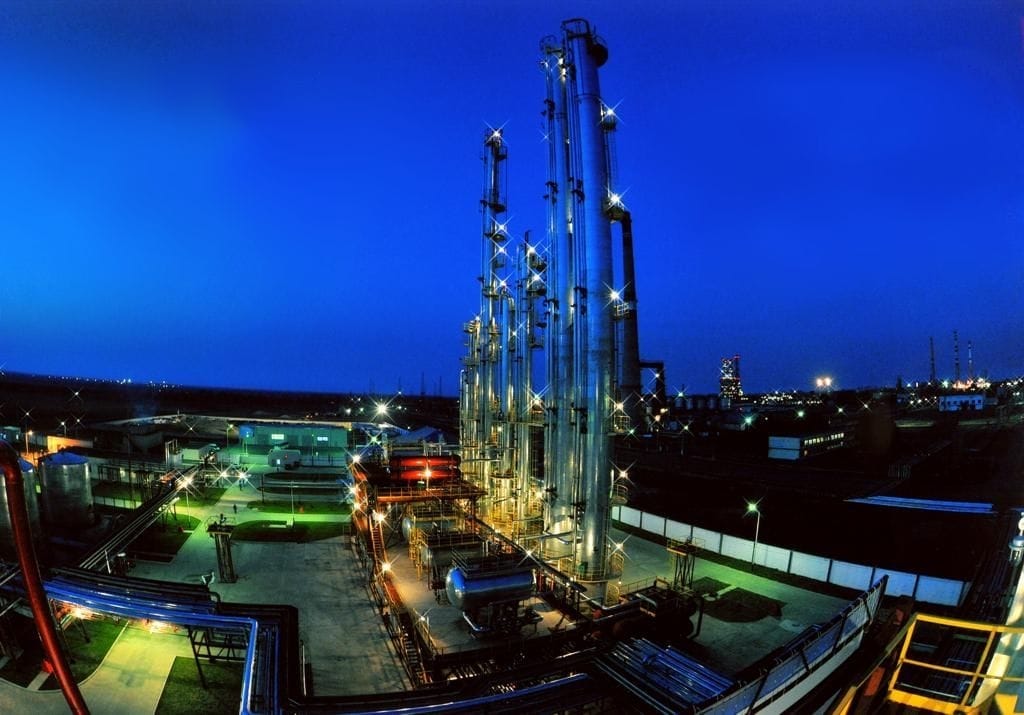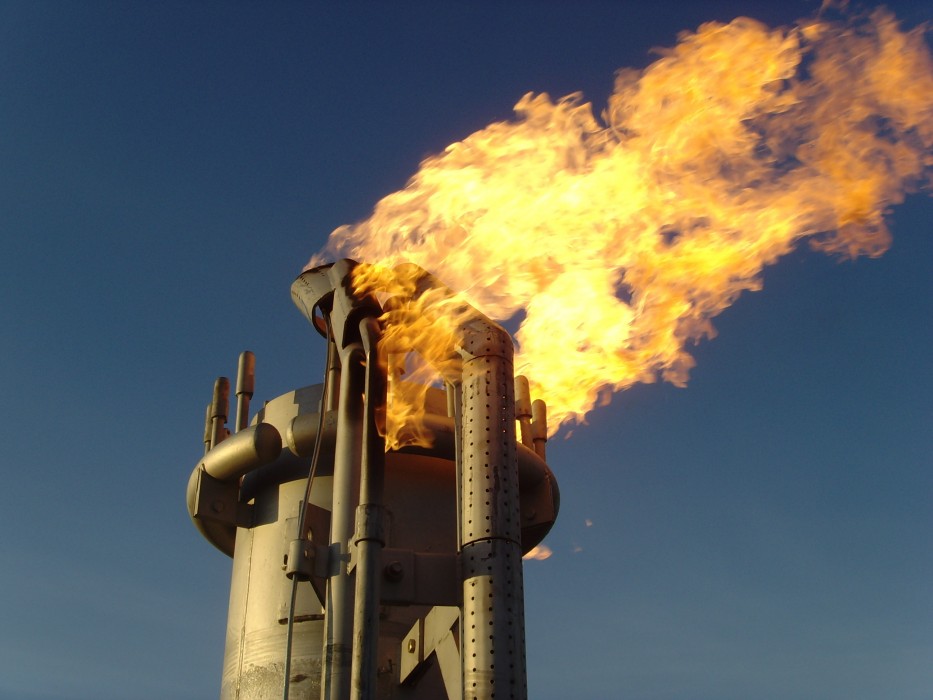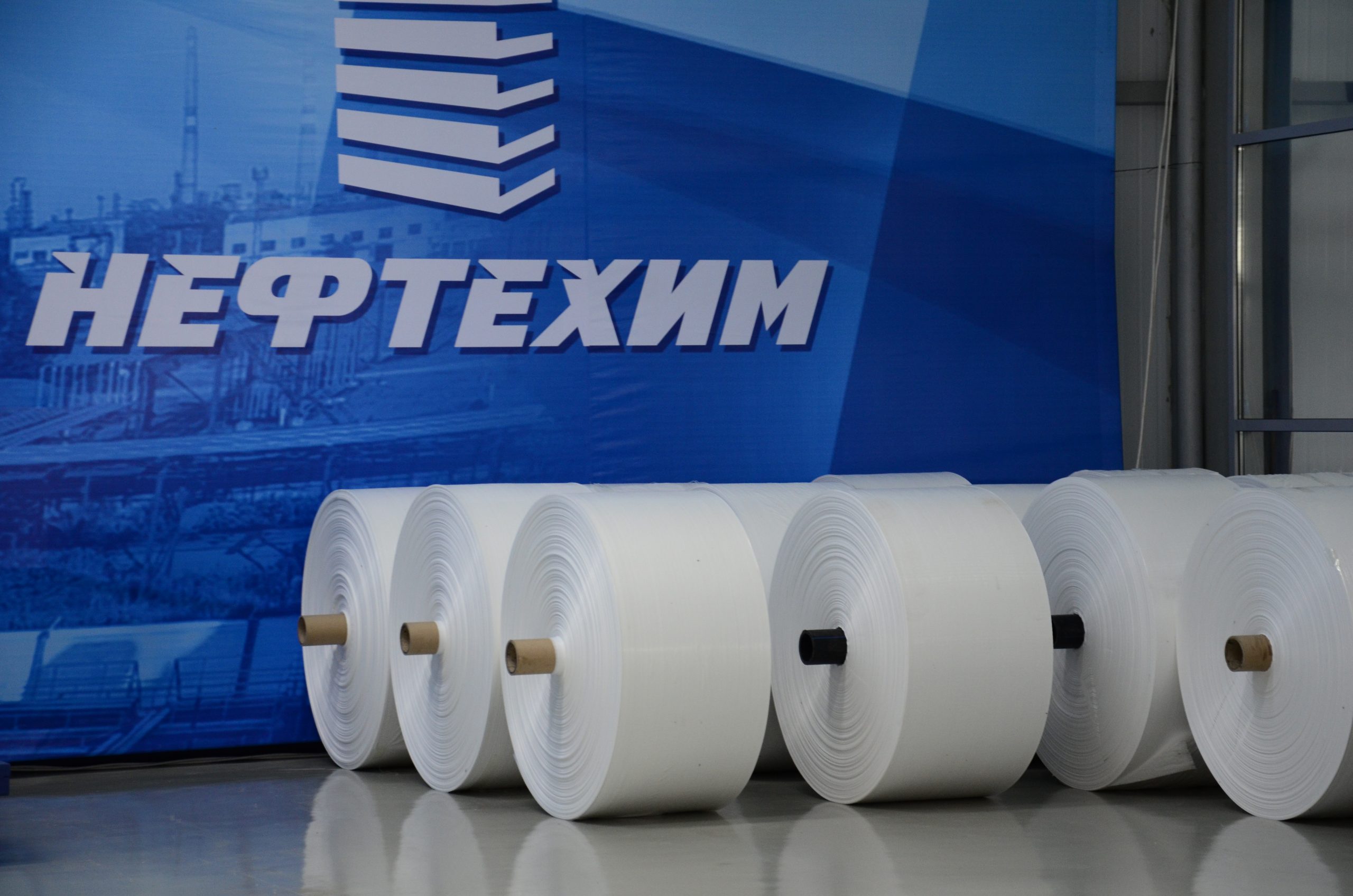
Company Neftekhim LTD
Status: operating (as of December 2022)

General information
Name: Modernization of Powder Polypropylene Production Plant of Company Neftekhim LTD LLP(*)
Chinese name:
Location: 4 Khimkombinatovskaya St., Pavlodar (52°22’25.7″N 76°53’53.8″E)
Project type: petrochemicals
Owner: Company Neftekhim LTD LLP(*)
Main Contractor(s): Xinjiang Sanbao(*)
Sources of financing: Xinjiang Sanbao ($12 mln)(*)
Project Cost: $12 mln(*)
Project Status: operating (as of December 2022)




Project Overview
This was one of the first initiatives implemented under the 52 projects program
Company Neftekhim Ltd LLP was established in 2005 for construction of an oil gas processing plant at Pavlodar Petrochemical Plant (PPP) and production of methyl tert-butyl ether (MTBE) and polypropylene(*). In 2009, MTBE and powder polypropylene production was built and launched jointly with Xinjiang Sanbao (China). In 2013, together with the Austrian company Starlinger, a polypropylene bag production facility was built and launched. In 2014, a polypropylene pelletizing shop was built jointly with the German company Leistritz. In 2015, together with Xinjiang Sanbao, the polypropylene production plant was upgraded and the capacity was increased from 30 to 70 thousand tons per year. This was one of the first initiatives implemented under the 52 projects program. Capacity of the enterprise: polypropylene – 70 thousand tons per year, MTBE – 20 thousand tons per year, polypropylene bags – 52 million pieces per year.
In addition to Kazakhstan, the company supplies its products to Russia, Turkey, Ukraine, China, Western Europe, Tajikistan, Uzbekistan and Kyrgyzstan(*).
Granulated polypropylene is widely used in the chemical and medical industries, for the manufacture of household products and packaging materials(*). Polypropylene does not degrade under natural conditions and can accumulate in nature if not recycled.

Project impact

Air environment

Aquatic Environment

Land resources

Plant and wildlife

Production and consumption waste
Source: Conclusion of the State Ecological Expertise on Environmental Impact Assessment for the working project “Modernization of Powder Polypropylene Production Plant. Expansion of the production shop with a capacity of 70,000 tons per year for LLP “Company Neftekhim LTD” Pavlodar, Northern Industrial District”, 2015.
One of the company's environmental activities was the construction of a propylene pelletizing plant
As part of its corporate responsibility towards employees and environmental protection, the company is committed to paying close attention to the health and safety of its personnel, applying advanced technologies to minimize harmful emissions, and promoting respect for natural resources(*). One of the company’s environmental activities was the construction of a propylene pelletizing plant. The granulated product reduces polypropylene dust emissions into the air during unloading and transportation (*).
The state commission found that the company's management was 100 percent guilty of sending people to work in a shop that had officially been liquidated for a year after the new German line was put into operation.
However, the explosion and fire in the underground polypropylene powder packaging shop of Company Neftekhim LTD LLP, which occurred on January 4, 2016, casts doubt on the fulfillment of these commitments in practice. As a result of a major man-made accident, 3 workers were killed, a building collapsed, and a fire almost spread to the nearby PPP, which could have led to even more severe consequences. The state commission found that the company’s management was 100 percent guilty of sending people to work in a shop that had officially been liquidated for a year after the new German line was put into operation. On the eve of the accident, the company started to receive low-quality raw materials from the PPP, which could not be used at the high-tech German plant. Therefore, they decided to start the old Chinese line, but on January 2 it clogged and was stopped. The plant was cleaned and restarted on January 4, but the Chinese equipment could not handle the low-quality raw materials. Instead of dry powder there was a flammable liquid fraction. By all rules, people should have been evacuated immediately, but they continued to work in an unequipped room without forced ventilation until the explosion occurred(*). The environmental damage after the accident was estimated at 2.5 million tenge(*).
*Photographs taken from nephtechim.kz

